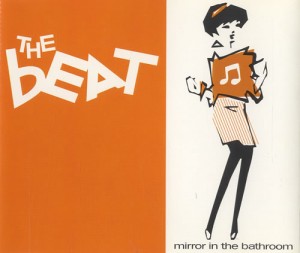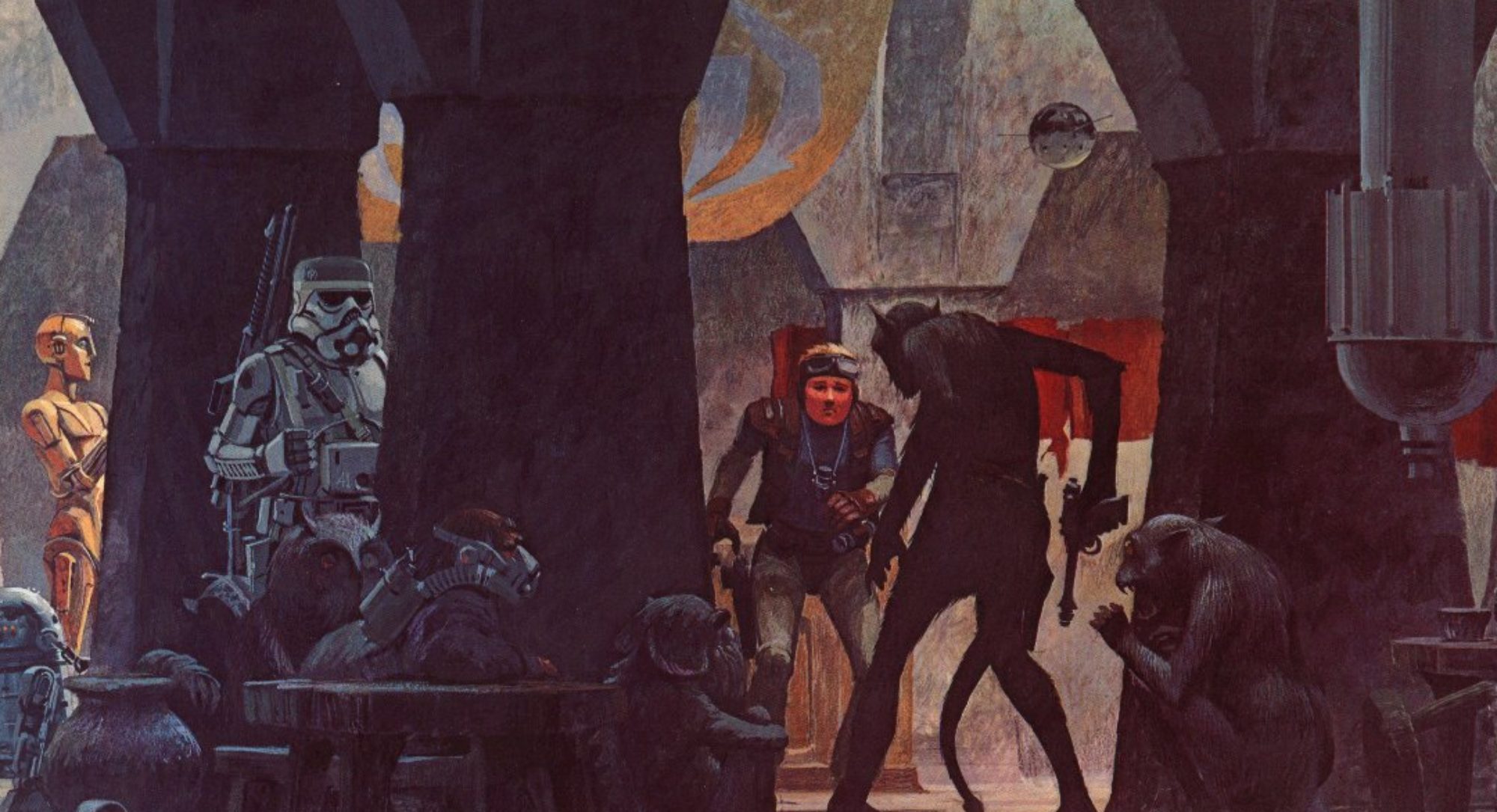 I need to get better about updating here, especially in this particular category. Things in the realm of 21st-century media move very, very quickly — if I don’t take the opportunity to comment or point your attention towards something, the chance is soon gone, the World having Moved On.
I need to get better about updating here, especially in this particular category. Things in the realm of 21st-century media move very, very quickly — if I don’t take the opportunity to comment or point your attention towards something, the chance is soon gone, the World having Moved On.
Occasionally, though, something big happens — big enough to stick around for a bit, to make a splash outside of the creative community. Such an instance is the current Department of Justice suit against Apple and 5 of the Big 6 Publishers for collusion and price-fixing. The main result of this story has, to date, been the counter-offensive waged by the defendants’ Fellow Travelers — traditional media outlets, various proxy mouthpieces in blogs and such — all beating the “OMG AMAZON IS EEEEEEVIL” drum with the ferocity of a coked-up Gene Krupa. Pay no attention to the Collusion and Price Fixing behind the curtain — Look over there!
There’s been some push-back, though, in the form of some particularly insightful articles featured in today’s post.
Steve Windwalker has pretty much everything you need to know about the case, how we got here and where we’re headed in the lengthily-titled “The Gang That Couldn’t Shoot Straight: How Apple and 5 Big Publishers Almost Got Away with a Massive Price-Fixing Conspiracy to Try to Turn Back the Kindle Revolution, and What It Will Mean for Readers, Authors, and Publishers Going Forward.”
One of the points made in the article? The illegal collusion actually failed:
“On April 1, 2010, the day that the agency model went into effect for its proponents, there were 480,236 ebooks in the Kindle Store, and 23% of them were priced at $10 and up. As of April 15, 2012, the total Kindle catalogue had almost tripled, to 1,356,286, and fewer than 14% of those titles were priced at $10 and up. At that same point on Sunday, April 15, only three of the top 20 bestselling titles in the Kindle Store were published by the Defendants (two by Hachette and one by MacMillan), and two of those three were priced at under $8.
With trends like these, it’s probably fair to say that the agency model would have died, eventually, even without Dept. of Justice intervention. Apple’s failed iBookstore never grew to a point where it would have provided real cover for the Defendants if Amazon had called their bluff and started picking them off one at a time. By most accounts the iBookstore accounts for no more than 10% of the ebook market, and our anecdotal impression is that the Kindle App accounts for far more reading on the iPad and other Apple devices than iBooks. The Google books initiative that was touted (however ludicrously) as the savior of indie bookstores just a couple of years ago is dead.
One of the rich ironies in all of this is that the Defendants actually lost money by switching to the agency model.”
There’s a lot more there, including excerpts from the court documents. Well worth reading.
Eric Hellman has a look at how Amazon’s Web Services shows their corporate mindset rather clearly, and what that means when applied to publishing, in “Publishing’s Amazon-Powered Future.”
The killer take-away:
“The nightmare narrative being spun by the publishing echo chamber is tragically unaware of how Amazon works. Maybe it’s because publishers imagine that Amazon will do what they would do if they had Amazon’s market power. But Amazon won’t extort huge sums of money from powerless consumers. Instead, they will ruthlessly bring efficiency to every process involved in publishing. And then they’ll invite everyone to use their ruthlessly efficient services.
Just like Amazon Web Services have enabled thousands of scaleable web startups and has made thousands of established companies more efficient, I predict that Amazon Publishing Services will enable thousands of new publishers and make thousands of established publishers more efficient.”
This is especially obvious to those of us who were early adopters of digital publishing, and have the benefit of seeing the improvements that such efficiency has brought, over a period of time ranging from before the ‘Publishing Echo Chamber’ was even paying attention.
Guy LeCharles Gonzalez has an interesting post over on his blog, where he draws the comparison between ebooks and video games — with the Kindle as Steam, and Amazon as Valve:
Based on the steady increase in ebook sales over the past few years, it’s reasonable to conclude that the average reader doesn’t really care too much about DRM. They’re apparently bigger fans of the platforms Amazon, B&N, and to a lesser degree, Apple, have built to purchase and read ebooks, and the ebooks themselves don’t have the same emotional connection as those they buy in print to keep on bookshelves. As such, legitimately or not, from the consumers’ perspective, “lock-in” isn’t the factor many think it is, or desire it to be.
More importantly, though, beyond the shiny gadgets and apps, readers are fans of authors and genres (and, sometimes, even publishers), and while selection varies amongst the major e-tailers (especially Apple), there’s an interesting comparison to video games that I’ve been mulling over for a while now.
[…]
In console gaming, exclusive first-party titles are often among the perennial best-sellers (especially on Nintendo’s platforms), while third-party games fight it out for gamers’ limited time, attention, and disposable income. The biggest sellers often spawn successful franchises and spin-offs, but even more frequently, a ton of copycat, rip-off shovelware, similar to the mobile space where, pre-KDP, Apple successfully leveled the playing field for independent game developers and the app store has been flooded with me-too apps.
In PC gaming there’s a bit of a twist, where Valve’s Steam platform is effectively the Kindle, DRM included…”
It’s an eye-opening analogy — especially coming in a field where the biggest critics decry DRM and “walled gardens” like the iPad and the Kindle. It’s pretty evident that the consumer doesn’t really care about that as much as the critics do — and the example of console gaming is a pretty clear indicator.
As always, things are changing constantly — what’s true today may not be true down the road, and it is always in the best interest of an Insurgent Creative to know as much as they can, to be better able to react: Think big, be small, move fast.
 Here we go again, some of the stuff that’s been kicking around my headspace recently.
Here we go again, some of the stuff that’s been kicking around my headspace recently.



